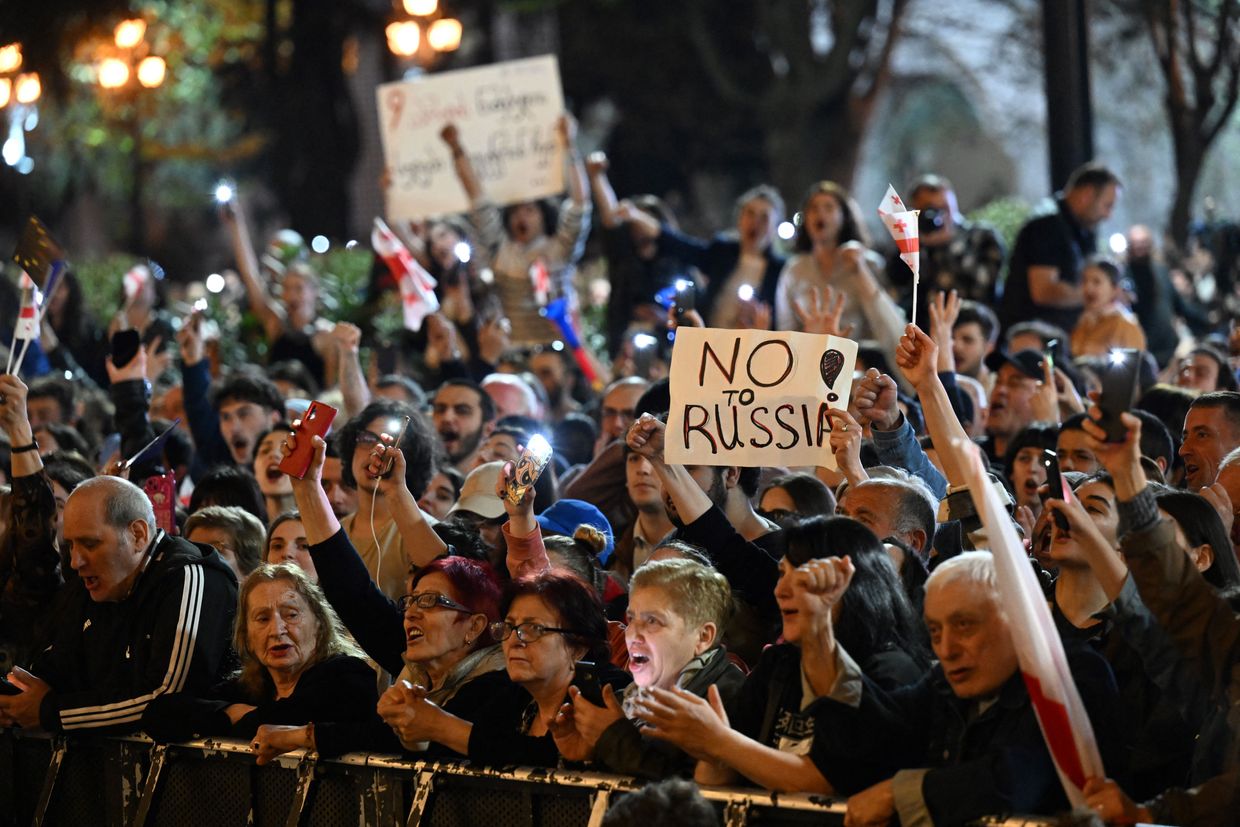European Parliament condemns Putin's election as illegitimate

The European Parliament overwhelmingly adopted a resolution condemning Russian President Vladimir Putin's March presidential election as illegitimate, Ukrinform reported on April 25.
Russian authorities held a presidential election between March 15-17 in Russia as well as regions of occupied Ukraine. The three-day election resulted in 87.2% of the vote going toward Putin. It was widely viewed as neither free nor fair, and many Western leaders declined to offer their congratulations to Putin, instead opting to criticize the circumstances in which the election was held.
Ukriniform reports that the European Parliament's resolution calls on member states of the European Union and the international community not to recognize the results of the presidential elections in Russia as legitimate because they were held in "illegally occupied territories of Ukraine and even inside Russia, they were neither free nor fair, nor did they meet basic international election standards, and therefore lacked democratic legitimacy."
Additionally, the resolution emphasized that the elections took place in an atmosphere of fear and repression and that holding elections in occupied Ukraine violates Ukraine's territorial sovereignty.
"We call for limiting relations with Putin to issues necessary for regional peace, as well as humanitarian and human rights goals, such as the exchange of prisoners, the return of deported children to Ukraine, or the call for the release of political prisoners," the resolution reportedly states.
European deputies also "expressed regret" that Hungarian Prime Minister Viktor Orban congratulated Putin on his election "win."
Putin has been in power as either president or prime minister since 1999. Constitutional changes signed by Putin in 2021 allowed him to run for two more six-year terms, meaning he can potentially stay in power until 2036.













